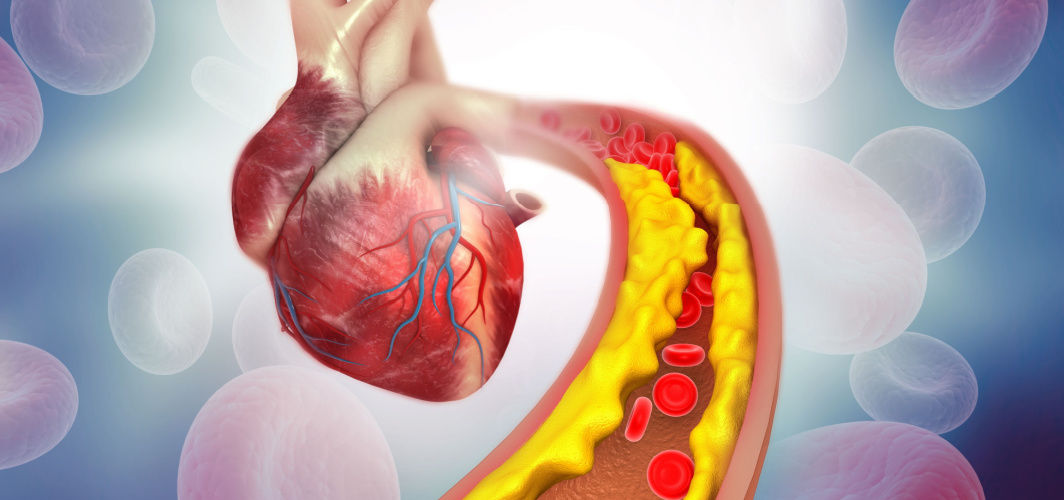Heart Conditions
What Does Climbing the Stairs Tell about Your Heart Health?
4 min read
By Apollo 24/7, Published on - 07 January 2021, Updated on - 07 March 2023
Share this article
0
8 likes

About the study
Findings of the study
- Participants who took 40 to 45 seconds to climb the stairs obtained over 9 to 10 metabolic equivalents (METs). According to earlier studies, people who achieve 10 METs during the physical activity test have a low mortality rate (i.e equal to or less than 1% per year).
- Participants who climbed the stairs in 90 seconds or more garnered less than 8 METs. According to researchers, this can be expressed as a mortality rate of 2% to 4% per year.
- 58% of the participants who climbed the stairs in over 90 seconds had abnormal heart function during the treadmill test.
- Only 32% of the participants who took 60 seconds or less to climb the stairs had abnormal heart function during the treadmill test.
Effective and proven ways to improve heart health
- Maintain a healthy weight
- Engage in regular physical activity (aim for at least 30 minutes of moderate physical activity or exercise per day)
- Drink plenty of water and other hydrating fluids
- Eat a healthy and balanced diet
- Avoid high calorie and processed foods
- Avoid intake of sweetened or sugary beverages
- Reduce the intake of salt
- Significantly cut down the intake of alcoholic beverages
- Quit smoking
- Manage stress and get enough sleep
- Adhere to medication routines
Conclusion
To ensure overall health and screen common health conditions on time, you can get the Special Health Package test done from Apollo 24/7.
Heart Conditions
Leave Comment
Recommended for you

Heart Conditions
10 Effective Tips To Reduce Cholesterol
Discover 10 effective tips to lower cholesterol levels naturally. Follow this healthy advice to improve heart health and overall well-being.

Heart Conditions
Keep Your Heart Healthy Naturally With These 5 Home Essentials
Our heart needs to work optimally to help it engage in all kinds of activities and hobbies. 5 essential ingredients/foods that help in maintaining and improving heart health include fatty fish, nuts and seeds, green leafy vegetables, olive oil, and avocados.

Heart Conditions
Why You Should Keep Your Triglycerides in Control
According to health experts, having high levels of triglycerides in the blood significantly increases the risk of heart disease. Hence, it is important to focus on ways that can help keep the triglycerides level under control.
Subscribe
Sign up for our free Health Library Daily Newsletter
Get doctor-approved health tips, news, and more.
Visual Stories

Lower Your Cholesterol Naturally with These 7 Foods
Tap to continue exploring
Recommended for you

Heart Conditions
10 Effective Tips To Reduce Cholesterol
Discover 10 effective tips to lower cholesterol levels naturally. Follow this healthy advice to improve heart health and overall well-being.

Heart Conditions
Keep Your Heart Healthy Naturally With These 5 Home Essentials
Our heart needs to work optimally to help it engage in all kinds of activities and hobbies. 5 essential ingredients/foods that help in maintaining and improving heart health include fatty fish, nuts and seeds, green leafy vegetables, olive oil, and avocados.

Heart Conditions
Why You Should Keep Your Triglycerides in Control
According to health experts, having high levels of triglycerides in the blood significantly increases the risk of heart disease. Hence, it is important to focus on ways that can help keep the triglycerides level under control.